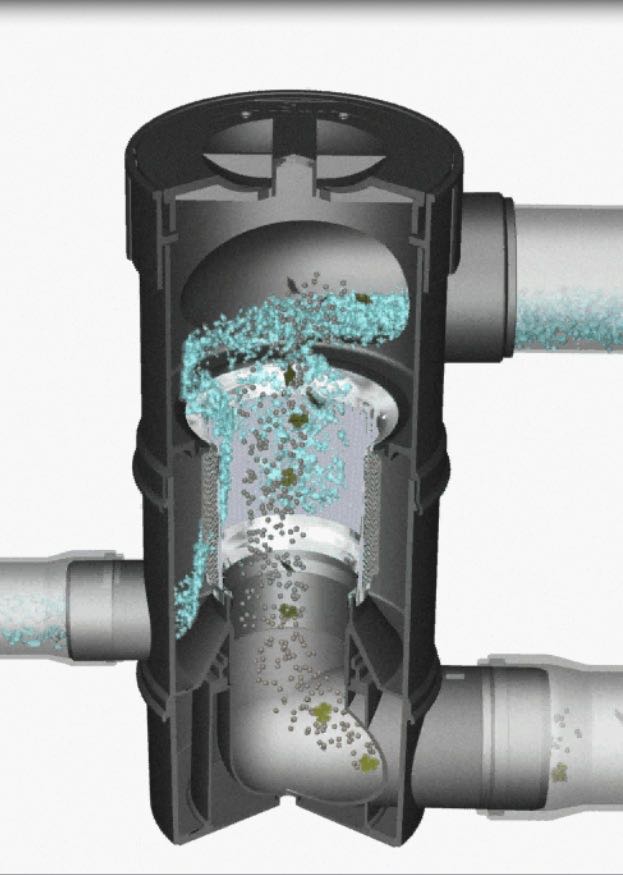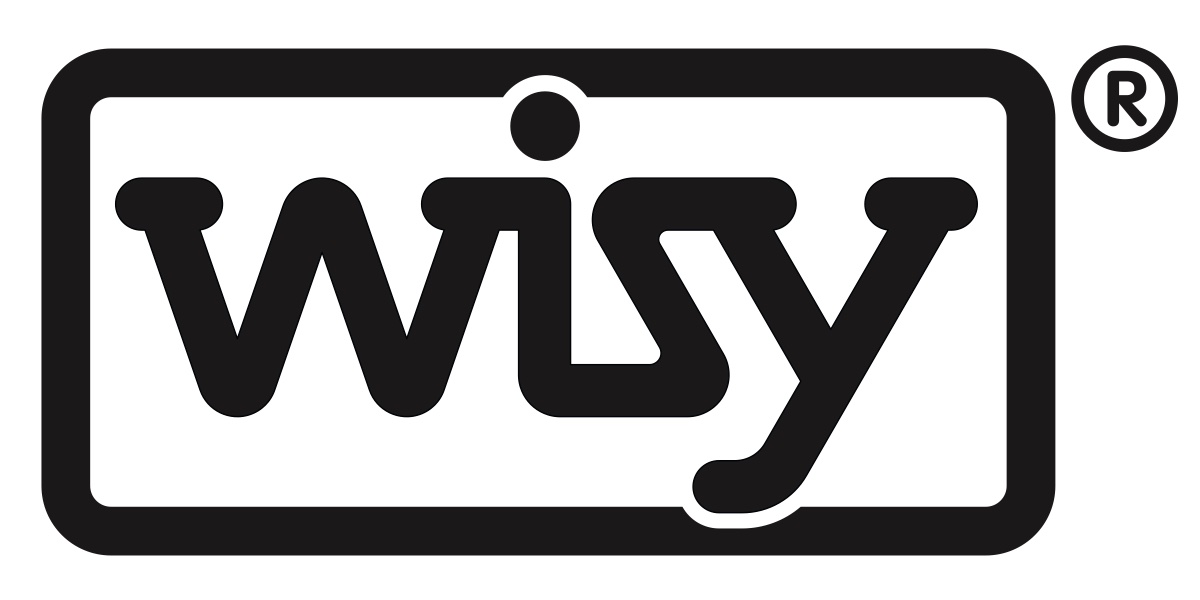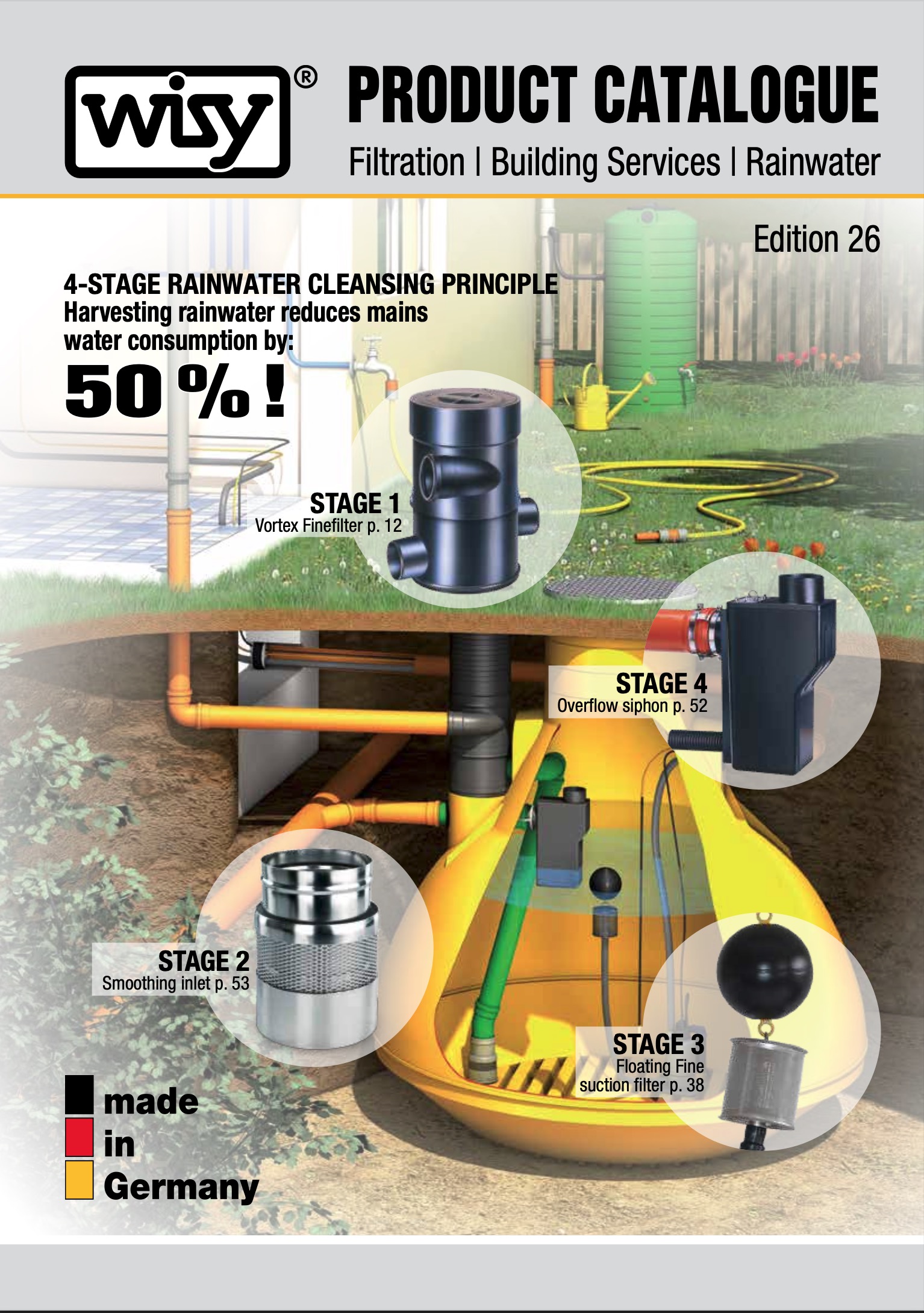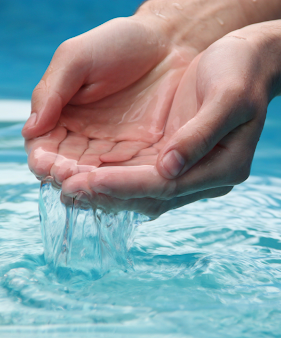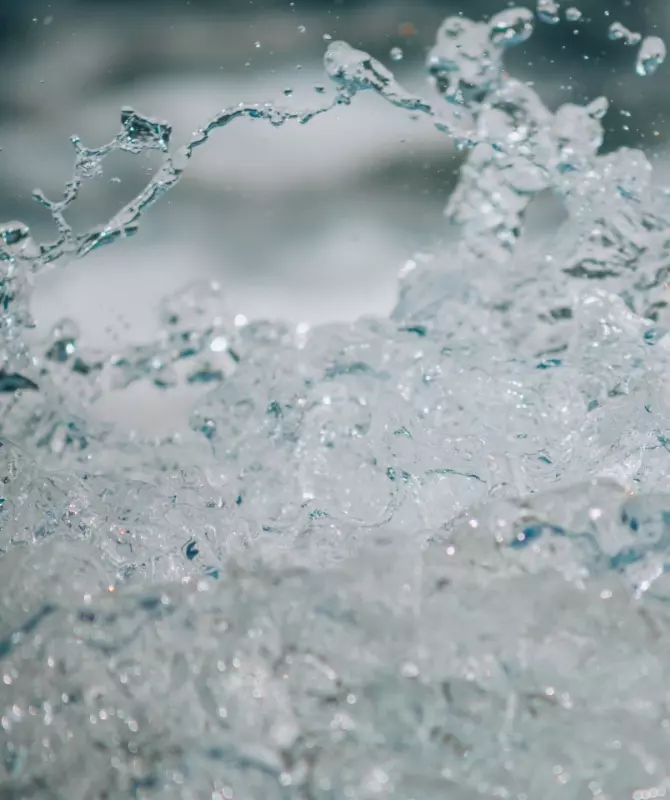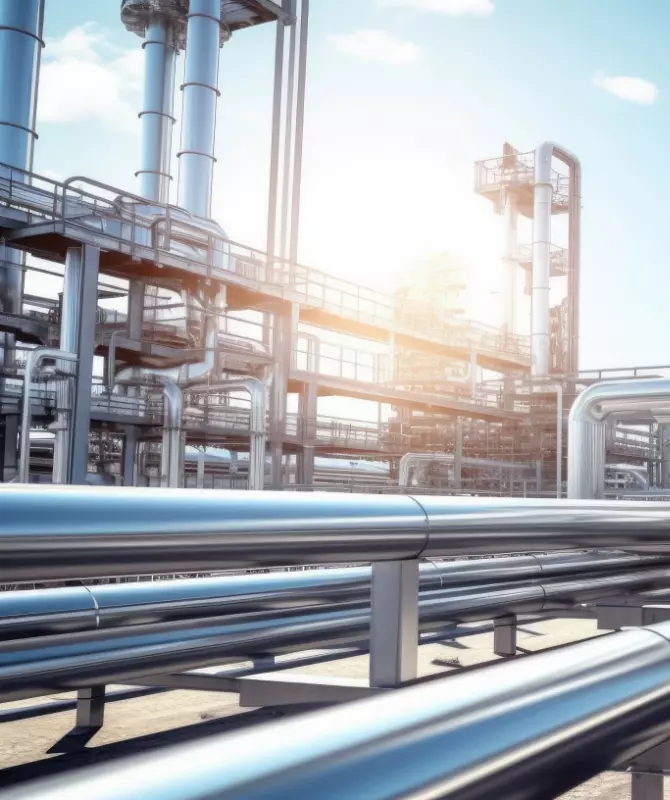WISY Water Guidebook

Guide to intelligent rainwater harvesting
Here you find information related to
rainwater harvesting, water supply and water filtration.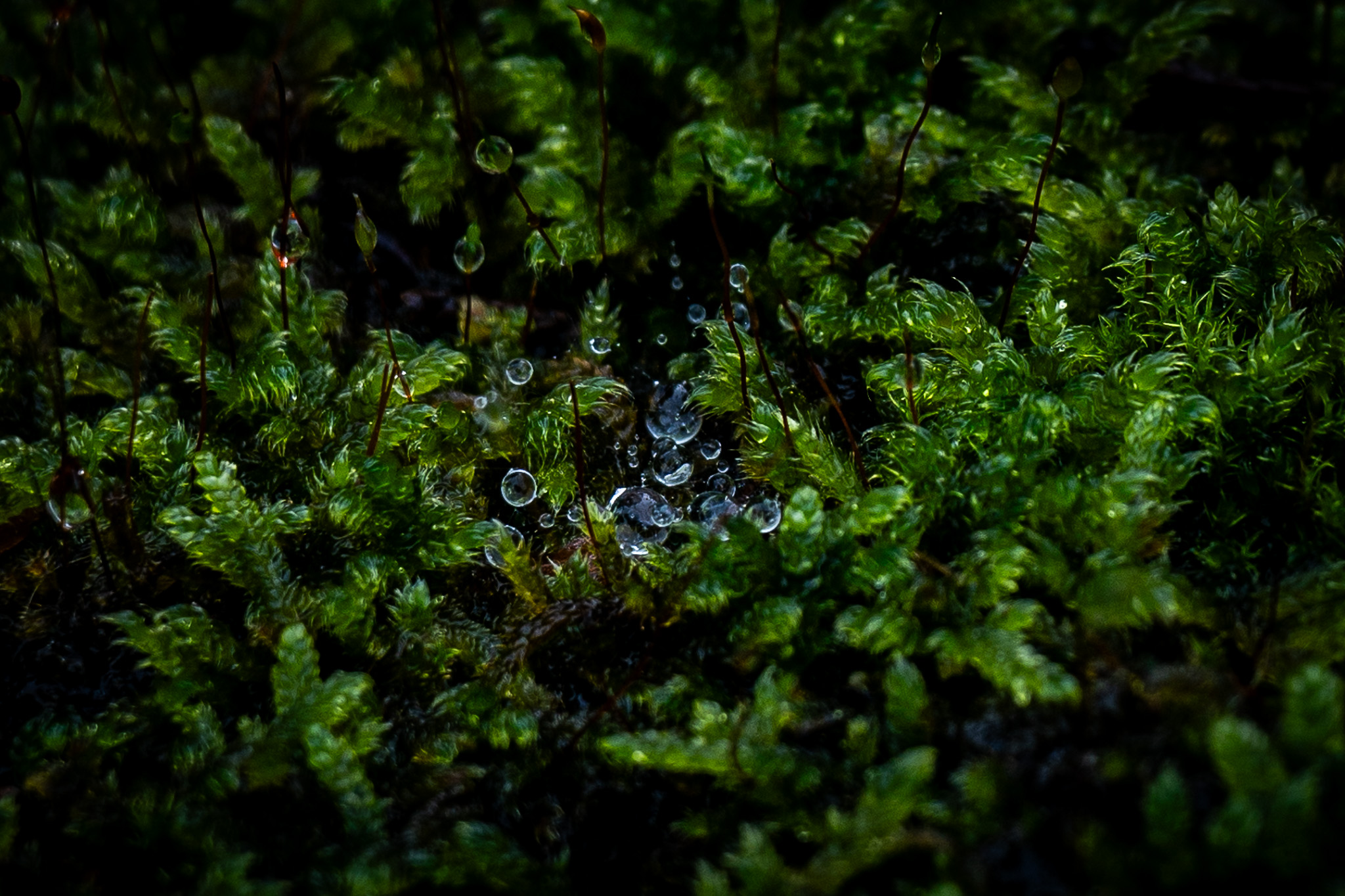
Is rainwater safe for health?
Here, too, it is a question of utilisation. What should the rain be used for? The use of rainwater can easily be integrated into everyday life. You just shouldn't drink it.
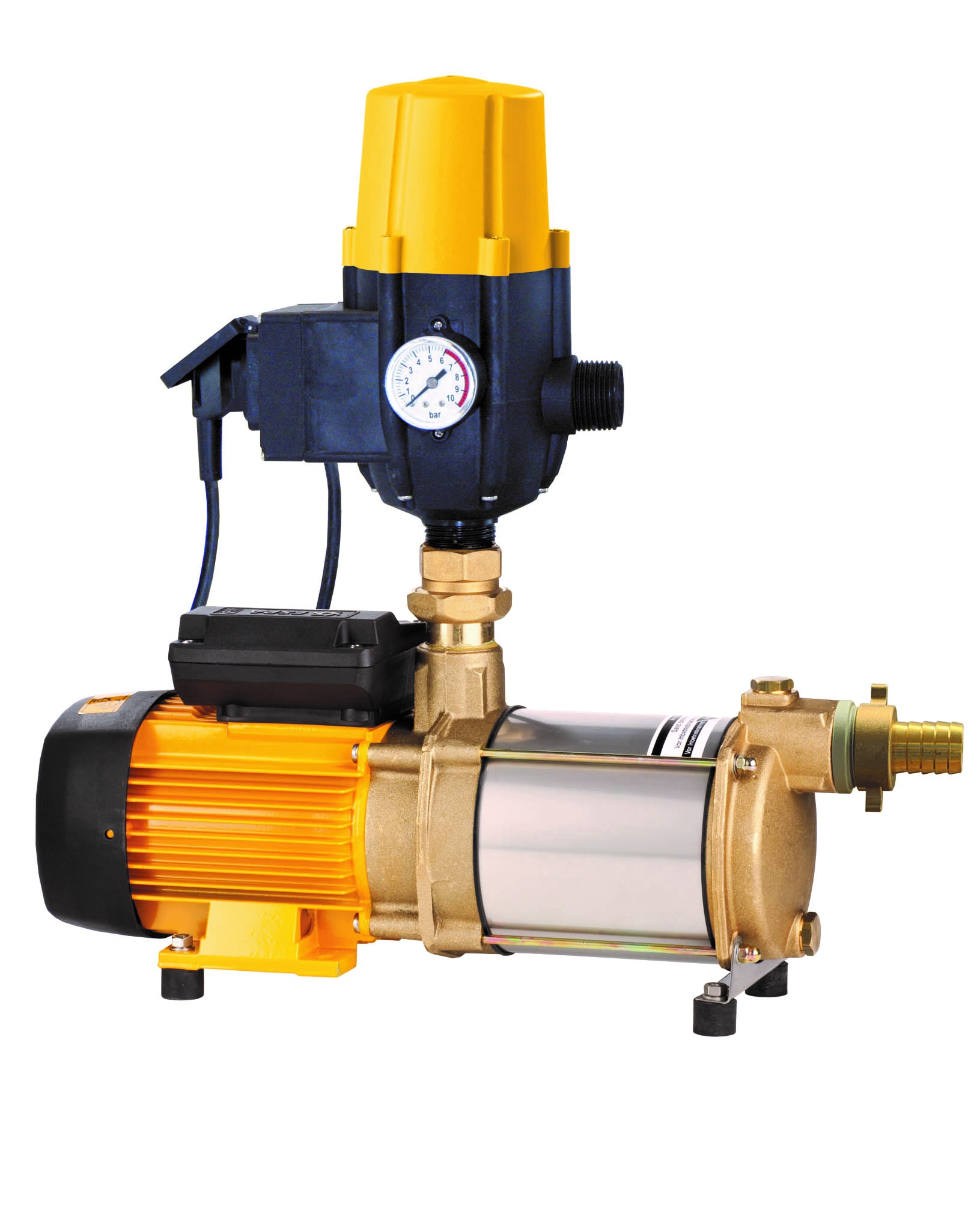
Why does my pump switch on and off again within a short time?
If the pump of the rainwater unit switches on and off again at very short intervals, the cause may be a leak in the connected pipework system. For example, a running toilet flush, a dripping tap or a leaking lawn sprinkler.
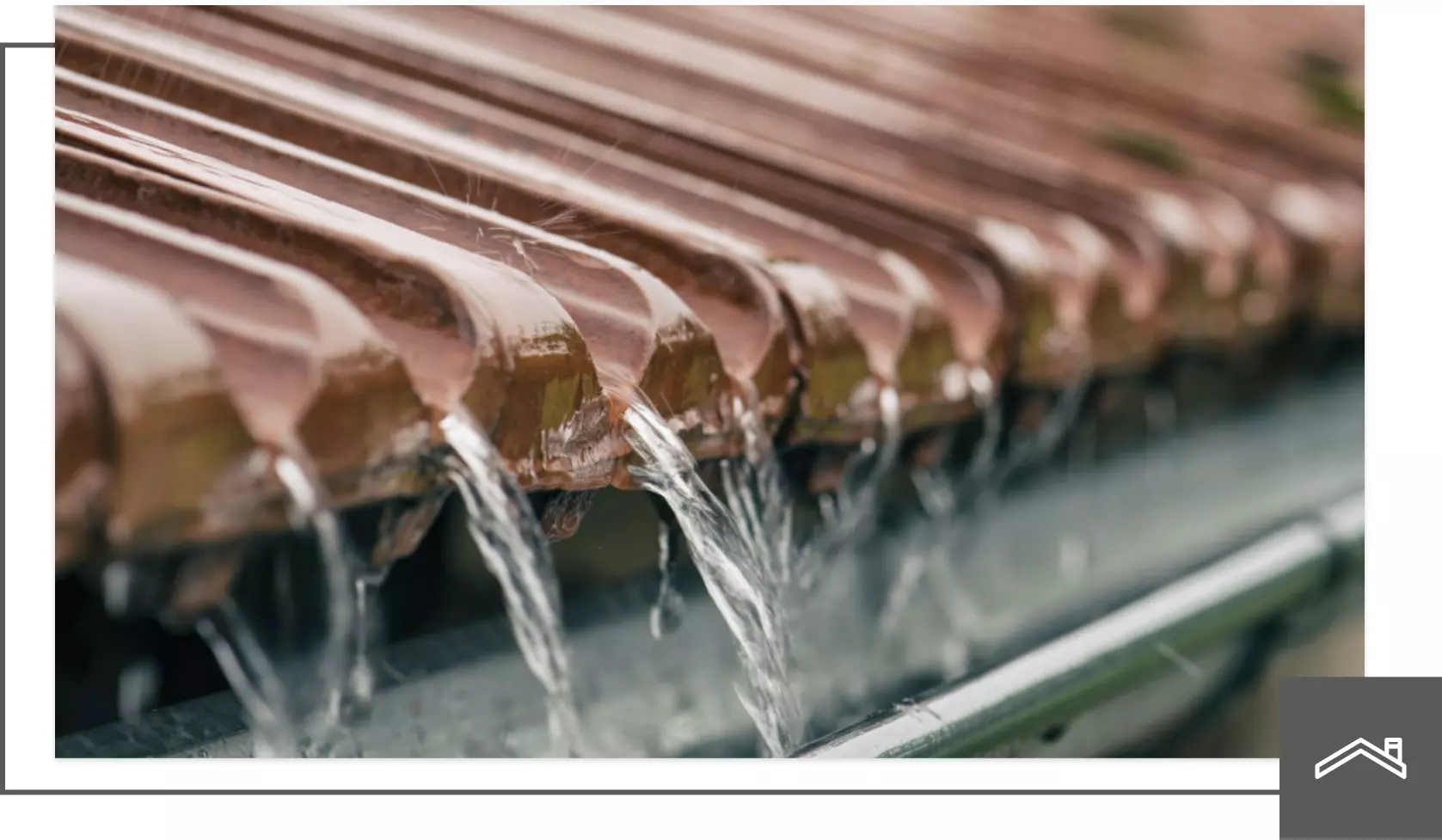
What is the right filter size for my roof?
The answer to this question varies depending on the application and roof size. In this short article, we narrow down the question of the right filter size.

How much rain do WISY filters collect?
The majority of individual precipitation events in the temperate climate zone, which includes Europe, tend to be light. With these light rainfall events, the efficiency of the filters increases to up to 99 %.

What is the difference between industrial water and drinking water?
Industrial water and drinking water are both types of water, but differ in their composition, quality and use.
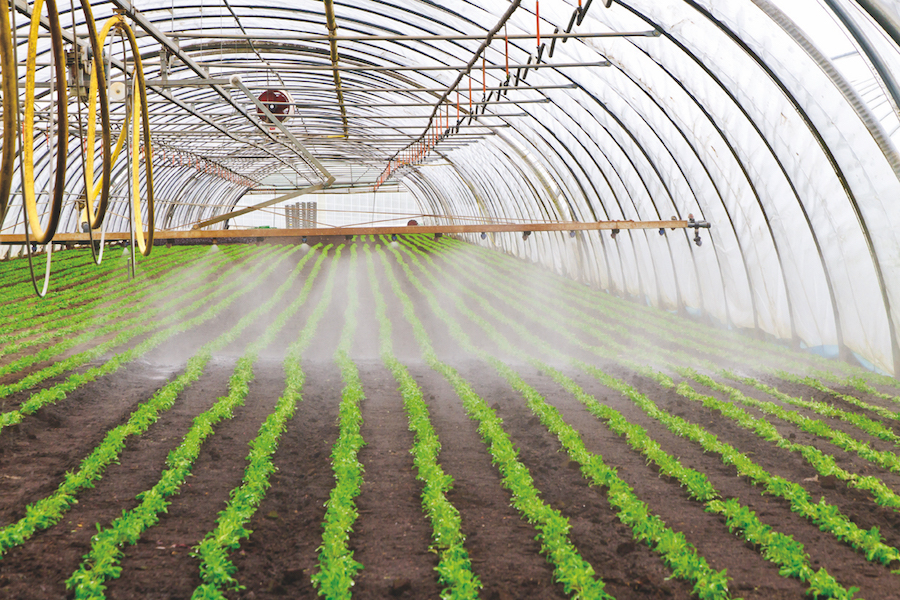
What does industrial water cost?
As long as there is no separate pipe network for drinking water and service water, the cost of tap water is always the same regardless of whether it is used as service water or drinking water. Depending on the region and provider, these depend on various factors, such as the local infrastructure and the operating costs for water treatment.
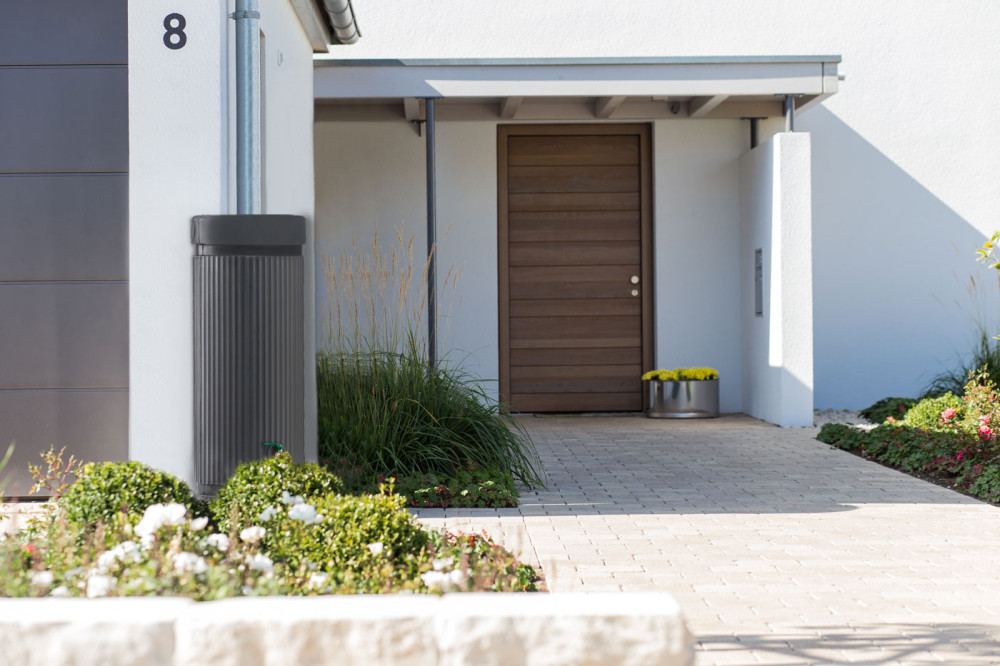
Can rainwater be treated to produce drinking water?
Yes, it is easily possible to treat rainwater and bring it to drinking water quality. There are various technologies and processes that can be used to treat rainwater, such as membrane filtration, reverse osmosis, ozone treatment, UV irradiation and chemical treatments. For domestic use, it is often sufficient to boil the water for a short time. Filter pots with a ceramic filter element have also proved their worth.

Can you drink rainwater?
Worldwide, rainwater is the largest source of drinking water after groundwater. In many countries, the quality of rainwater is much better than that of groundwater or tap water. The simplest measure against biological contamination is boiling. However, rainwater should not be used directly as drinking water unless it has undergone appropriate treatment and purification to ensure its quality and safety.
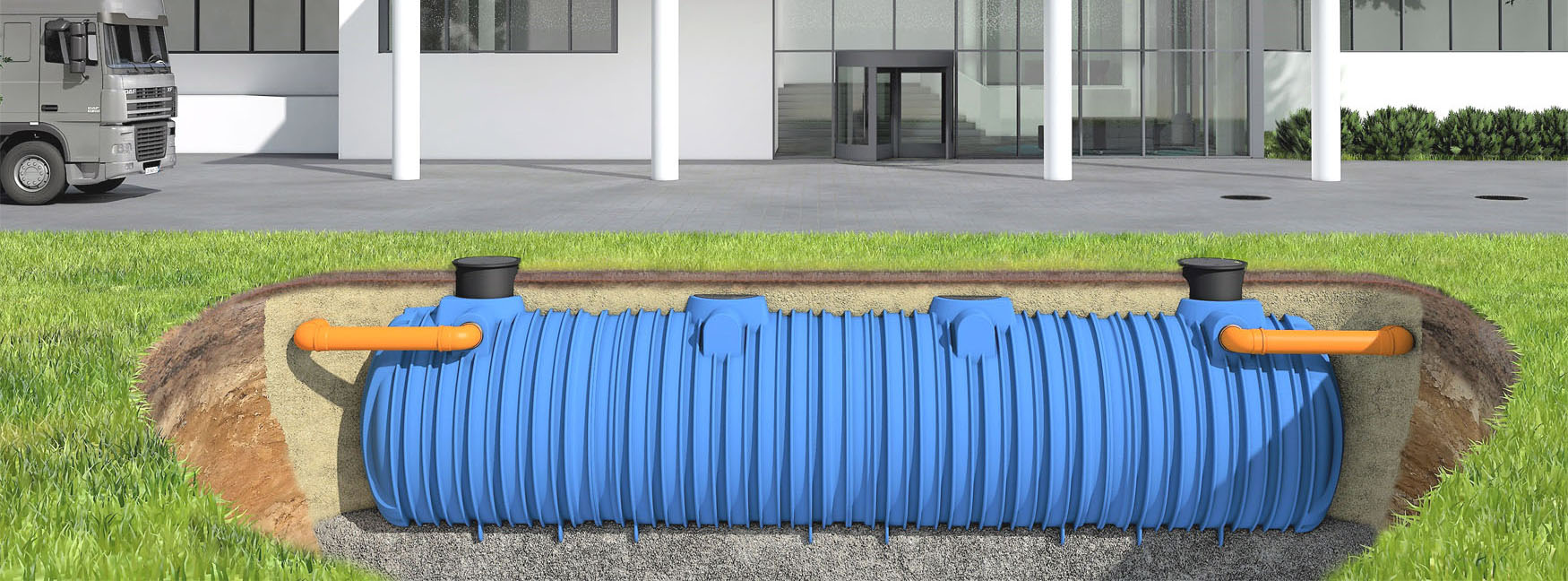
Installing a cistern - what you need to know
You have decided in favour of a rainwater harvesting system and now want to install the cistern. This raises the question of what needs to be considered during installation to ensure that the cistern fulfils its function properly and whether you need a permit to install the cistern. We have summarised the most important points for you in the following article.
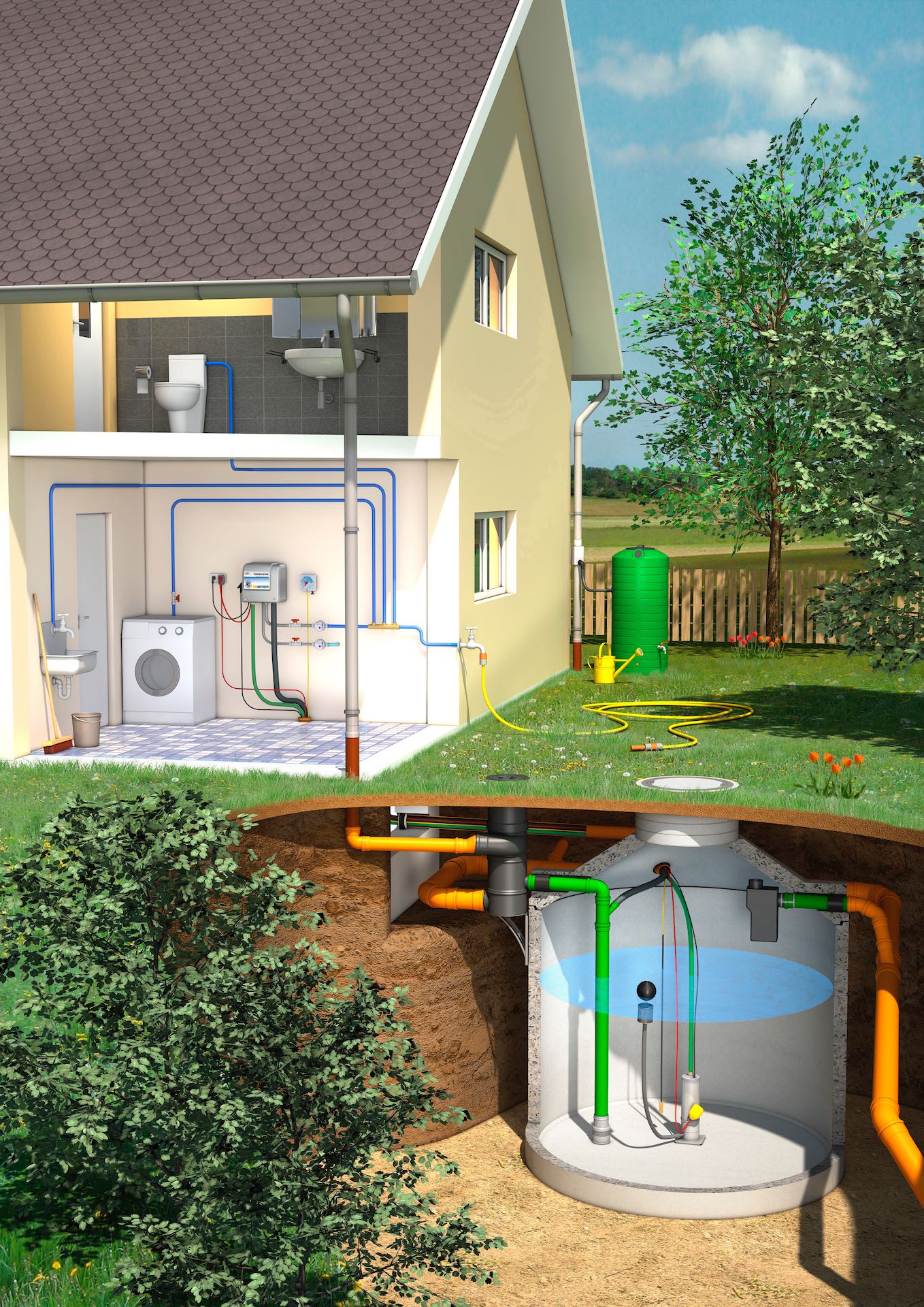
The setup of a rainwater system
In average, about 120 litres of mains water are used per day and person. Shrinking groundwater ressources result in rising prices for tap water. Since tap water is of controlled quality it is sometimes too precious for many simple applications. A cost-effective and sustainable alternative to the use of groundwater and mains water supplies is the use of rainwater with the help of a rainwater system.
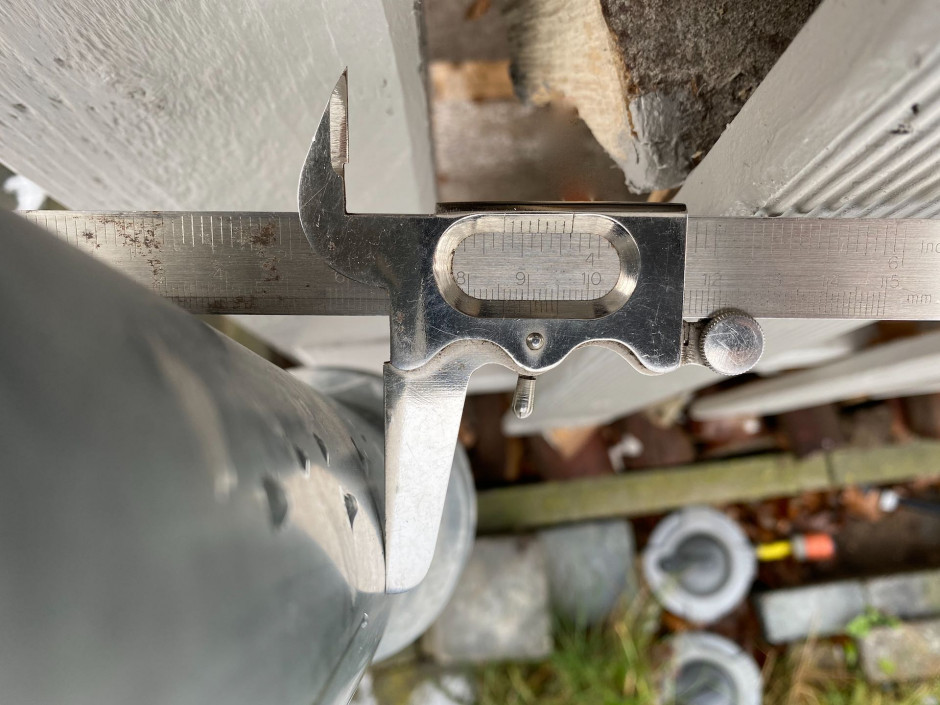
What is the diameter of my rainwater downpipe?
To determine the diameter of your downpipe, measure at the height at which the rainwater filter is to be installed. In this way, you avoid determining an incorrect value for slightly conical downpipes.
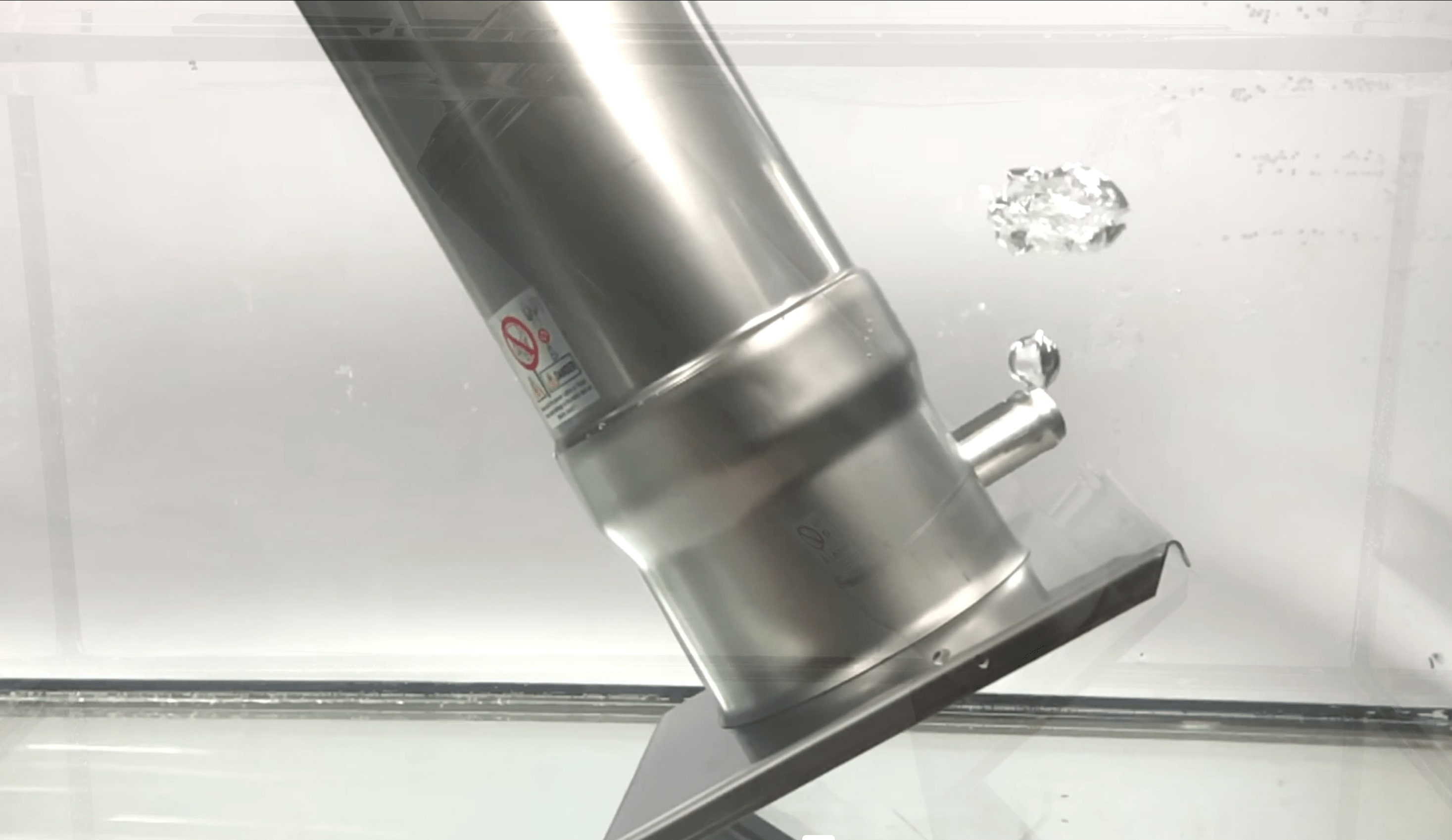
How do I vent a submersible pump in the cistern?
Venting a submersible pump is essential before the first start. Here is how to do it right:
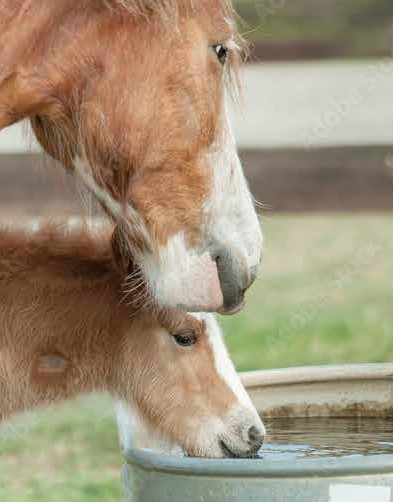
Rainwater for horses and livestock
Good water for healthy animals is very important. Especially in agriculture, animals need an adequate water supply. Learn how rainwater can contribute to this.

Rainwater for nurseries
Good rainwater for all plants. A reliable water supply is essential for commercial horticulture. Modern irrigation systems combine economical consumption and optimal nutrient transport with a sustainable water supply.
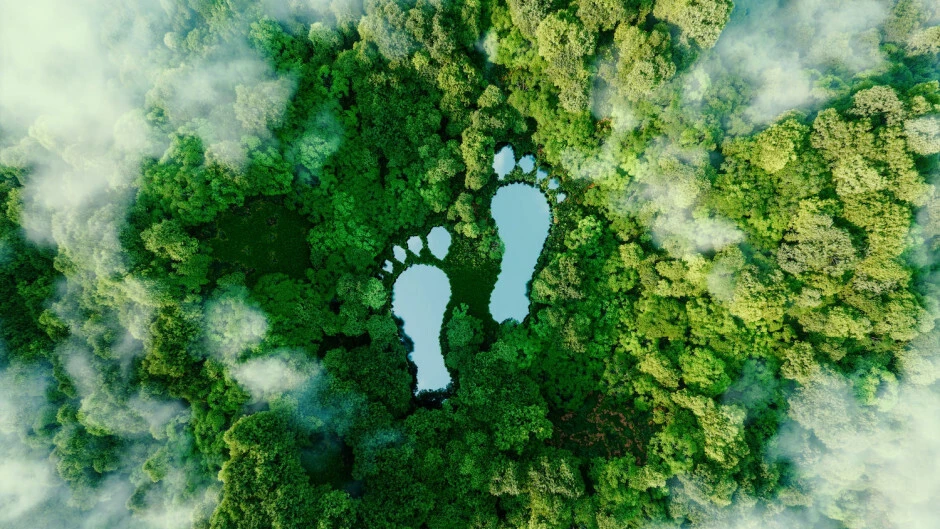
How to reduce your Co₂ footprint with rainwater
Everyone can to benefit the environment. The CO2 footprint is an important sustainability indicator.







